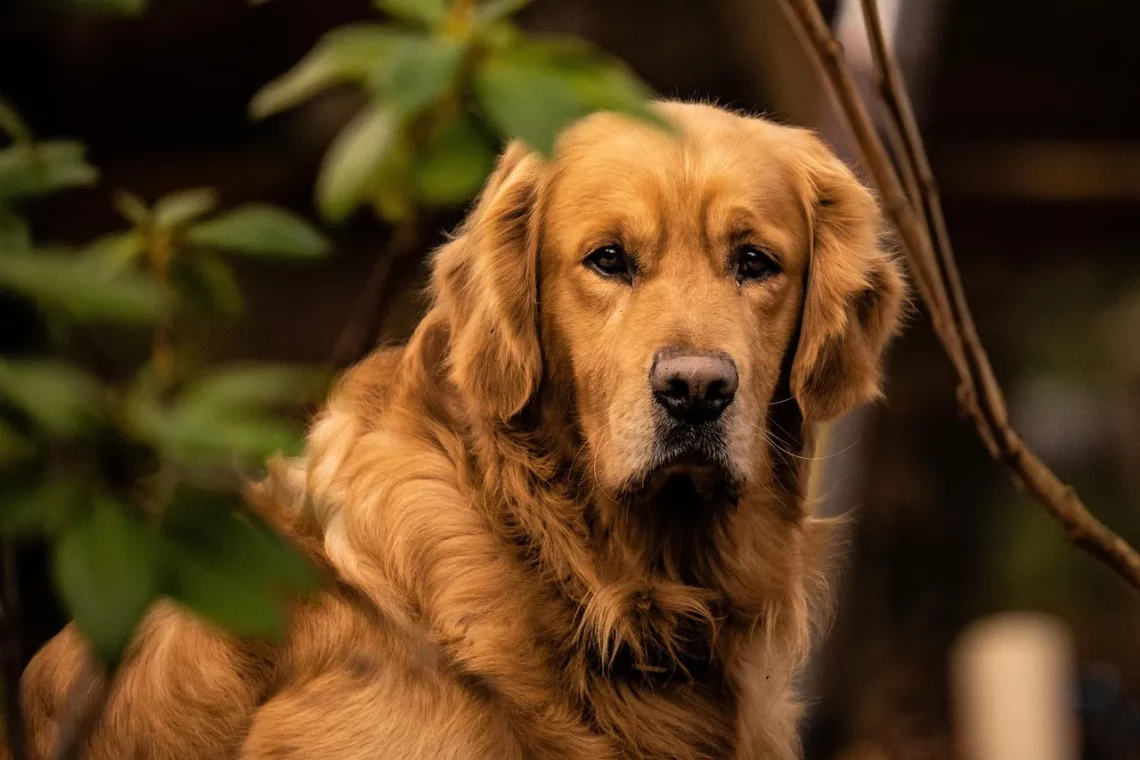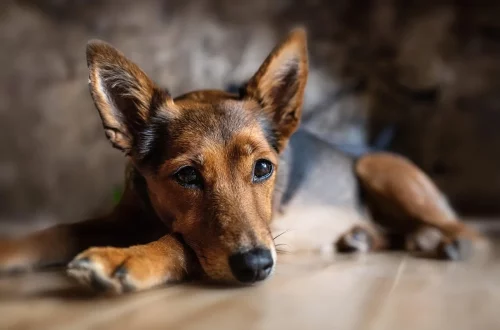
The Ultimate Guide to Golden Retrievers in Hunting Adventures
Golden Retrievers are renowned for their intelligence, loyalty, and friendly demeanor, making them one of the most beloved dog breeds worldwide. Originally bred in the Scottish Highlands for retrieving game during hunting expeditions, these dogs possess an innate ability to excel in various roles, especially in the context of hunting adventures. Their keen sense of smell, combined with a strong work ethic and eagerness to please, makes them ideal companions in the great outdoors. Whether you’re a seasoned hunter or a novice looking to explore the world of hunting with a furry friend, Golden Retrievers can enhance your experience in countless ways.
Beyond their hunting prowess, Golden Retrievers are also known for their adaptability and sociability. These qualities not only make them great hunting partners but also wonderful family pets. Their playful nature and gentle temperament contribute to their compatibility with children and other animals. As you embark on hunting adventures with your Golden Retriever, you’ll find that they not only assist in the field but also enrich your life with their unwavering companionship. Understanding the unique traits and training requirements of these dogs can significantly impact your hunting success and overall enjoyment of the sport.
The Unique Traits of Golden Retrievers in Hunting
Golden Retrievers possess a myriad of characteristics that make them exceptional hunting companions. One of their standout traits is their strong sense of smell. This keen olfactory ability allows them to track scents effectively, whether it’s locating game birds or retrieving downed animals. Their natural retrieving instinct is another vital aspect of their hunting prowess. Golden Retrievers are bred to fetch, and this instinct is deeply ingrained in their behavior. They have a soft mouth that allows them to carry game without damaging it, making them perfect for retrieving tasks.
Moreover, Golden Retrievers are highly trainable. Their intelligence and eagerness to please make them responsive to commands and willing to learn new skills. This trainability is crucial in hunting scenarios, where precise commands can mean the difference between success and failure. Consistent training and positive reinforcement techniques can help solidify their skills, ensuring they are ready for any hunting challenge.
Another essential trait of Golden Retrievers is their endurance. These dogs have a high energy level and require regular exercise, making them ideal for long days in the field. Their stamina allows them to keep up with hunters, whether on foot or in more rugged terrains. Additionally, Golden Retrievers are known for their friendly and sociable nature. This trait can be advantageous in hunting scenarios, as they often remain calm and focused, even in the presence of other dogs or unfamiliar environments. Their sociability also makes them great companions during downtime in the field, as they can easily bond with hunters and other participants.
In summary, the unique traits of Golden Retrievers—such as their keen sense of smell, strong retrieving instinct, trainability, endurance, and sociability—make them exceptional partners in hunting adventures. These characteristics not only enhance the hunting experience but also contribute to a lasting bond between the hunter and their canine companion.
Training Your Golden Retriever for Hunting
Training a Golden Retriever for hunting involves a structured approach that incorporates basic obedience, specialized skills, and consistent practice. The foundation of any successful hunting dog is solid obedience training. Teaching commands such as sit, stay, come, and heel is essential. These commands will not only help in everyday situations but will also be crucial when you’re out in the field.
Once your Golden has mastered basic commands, you can begin to introduce hunting-specific training. Start with retrieving exercises using dummies. This can be done in a controlled environment, gradually increasing distractions as your dog becomes more proficient. Use positive reinforcement techniques, such as treats and praise, to encourage your dog when they successfully retrieve the dummy. Over time, you can transition to using a more realistic simulation, such as a game bird dummy, to help your dog understand the specific tasks they will be performing during actual hunting.
Additionally, introducing your Golden Retriever to the hunting environment is vital. Take them on trips to the field where they can experience different terrains, sounds, and scents. This exposure helps them acclimate to the hunting experience and builds their confidence. You can also introduce them to other hunting dogs, allowing them to learn social cues and behaviors relevant to hunting.
Consistency is key when training a Golden Retriever for hunting. Regular practice sessions, paired with positive reinforcement, will help reinforce their skills and build a strong bond between you and your dog. It’s also essential to be patient and understanding, as each dog learns at their own pace. Some may pick up on commands quickly, while others may require more time and repetition.
In conclusion, training your Golden Retriever for hunting involves a blend of obedience training, specialized skills development, and consistent practice. By investing time and effort into their training, you can ensure that your furry companion is well-prepared for hunting adventures, enhancing both their effectiveness and your overall enjoyment of the experience.
Health Considerations for Hunting Golden Retrievers
When engaging in hunting adventures with your Golden Retriever, it’s crucial to keep health considerations in mind. Like all breeds, Golden Retrievers can be prone to specific health issues, and being proactive about their health can ensure they remain fit for hunting. One common concern in this breed is hip dysplasia, a genetic condition that can lead to arthritis and mobility issues. Regular veterinary check-ups and maintaining a healthy weight through proper diet and exercise can help mitigate this risk.
Another significant health consideration is ear infections, which Golden Retrievers are prone to due to their floppy ears. After a day of hunting, be sure to check your dog’s ears for any signs of moisture or debris. Keeping their ears clean and dry can help prevent infections and ensure your dog remains comfortable and healthy.
It’s also vital to ensure that your Golden Retriever is up to date on vaccinations and preventative medications. This includes vaccinations for rabies, distemper, and parvovirus, as well as flea and tick prevention. Given the outdoor environments associated with hunting, protecting your dog from parasites and infectious diseases is essential for their health and well-being.
Hydration is another critical aspect of your dog’s health during hunting trips. Always carry enough water for both you and your dog, especially during hot weather. Dehydration can lead to serious health complications, so it’s vital to take regular breaks for water and rest.
Finally, be mindful of the weather conditions during your hunting adventures. Golden Retrievers can be sensitive to extreme temperatures, whether it’s the heat of summer or the cold of winter. Providing appropriate gear, such as a dog coat in cold weather or a cooling vest in hot weather, can help keep your dog comfortable and safe during your outings.
In summary, being aware of health considerations is essential when hunting with your Golden Retriever. From routine veterinary care and vaccinations to hydration and temperature management, taking these steps can help ensure your dog remains healthy and ready for any hunting adventure.
**Disclaimer:** This article is not intended to provide medical advice. For any health concerns regarding your pet, always consult with a qualified veterinarian.




